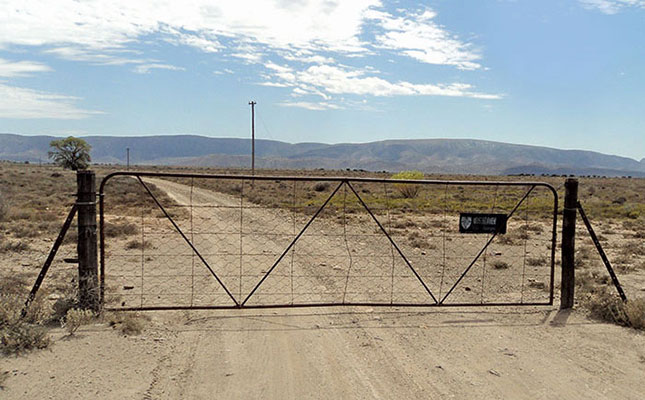According to the NAHF, this put not only the health of SA’s livestock herds at risk, but also that of the country’s human population.
“South Africa’s national animal health status is not sufficiently protected in terms of the current import regulations. [These] are out of line with South African legislation [and] the guidelines of the OIE [World Organisation for Animal Health],” said the NAHF recently.
According to a May 2015 statement by Willemien Viljoen, a researcher with Tralac, which supports trade and investment in eastern and southern Africa, the SA department of agriculture (DAFF) revised import requirements applicable to imports of live cattle, sheep and goats from Botswana, Lesotho, Namibia and Swaziland.
“According to the [DAFF April 2015] notice the revision was necessary to ensure consistency with the World Trade Organisation Agreement on the Application of Sanitary and Phytosanitary Measures,” said Viljoen.
The NAHF’s request that DAFF implement the revised import regulations immediately was “a unanimous decision” taken by the forum’s members, and was also supported at the recent Commodity Conference hosted by Agri SA, said NAHF chairperson Dr Pieter Vervoort.
The new regulations would not seriously limit the importation of livestock. “It is only a matter of new procedures which have to be put in place. Furthermore, the regulations will have no influence on the importation of meat from South Africa’s neighbouring countries,” said Vervoort.
SA’s revised import regulations for live cattle, goats and sheep were seen by the country’s neighbours as a way of “limiting market access, especially for agricultural products, for the benefit of promoting domestic industries,” said Viljoen.











